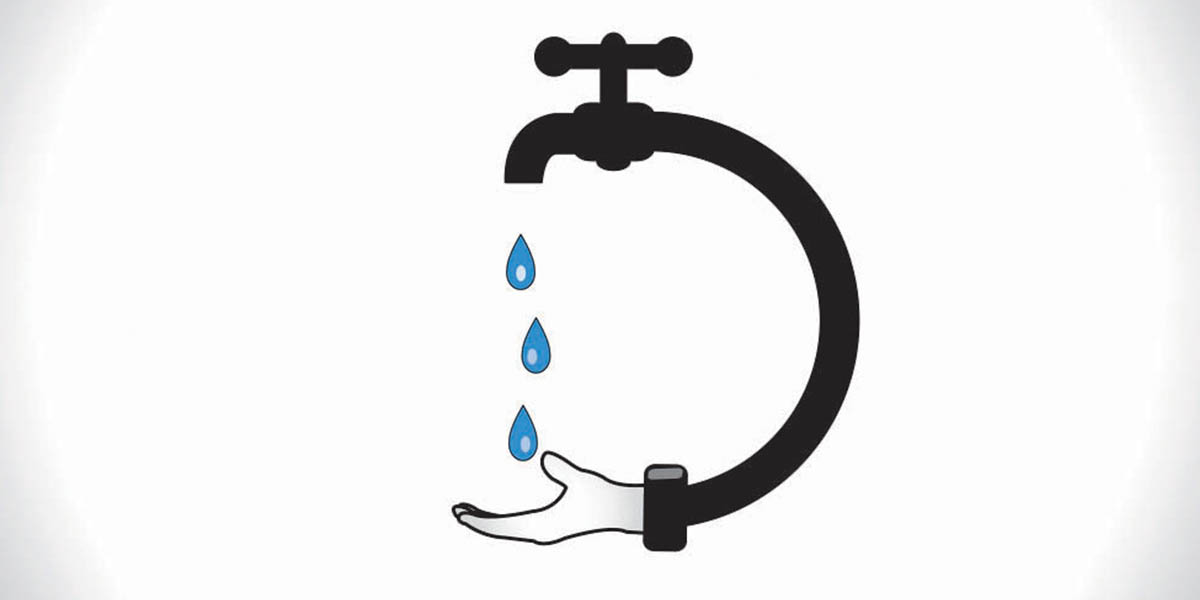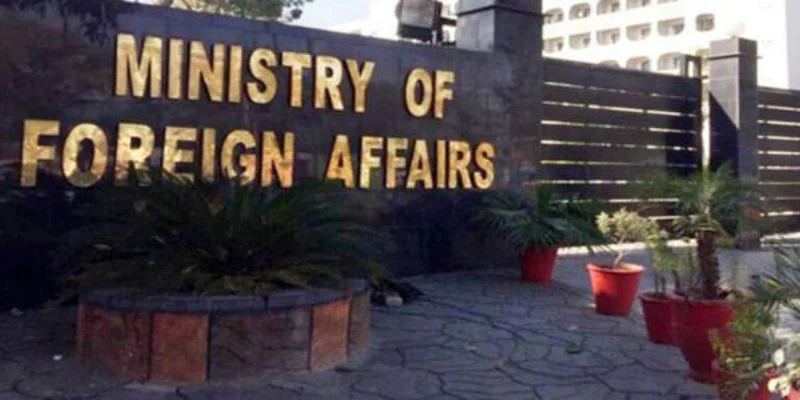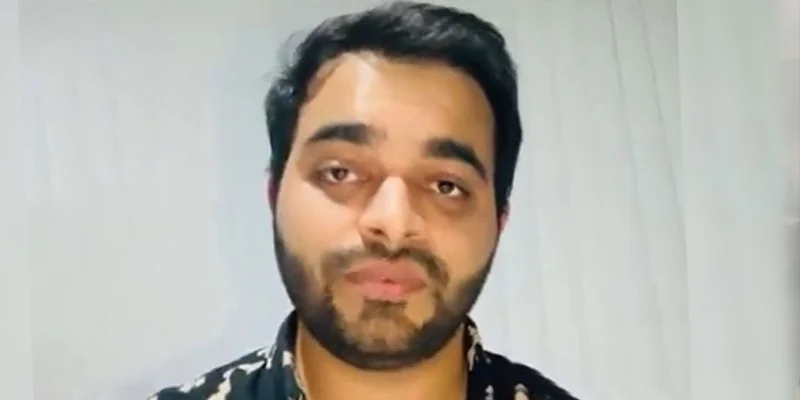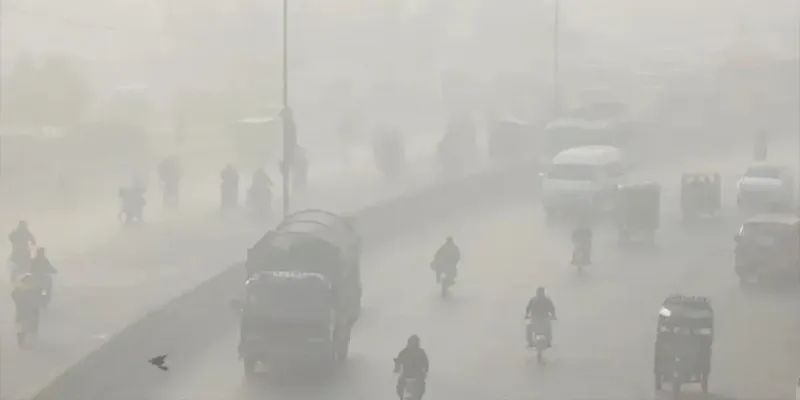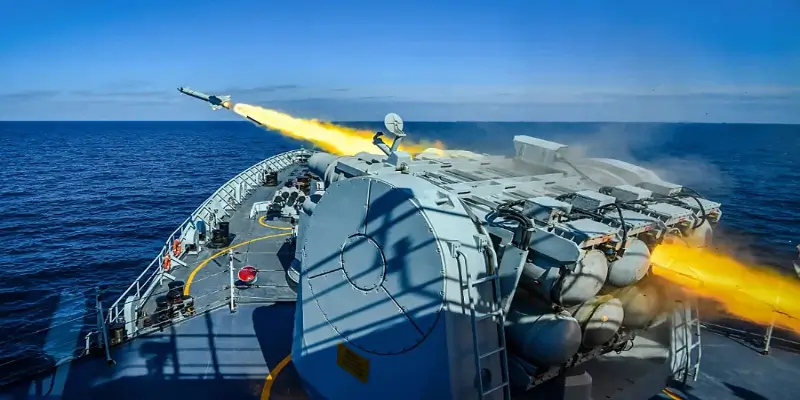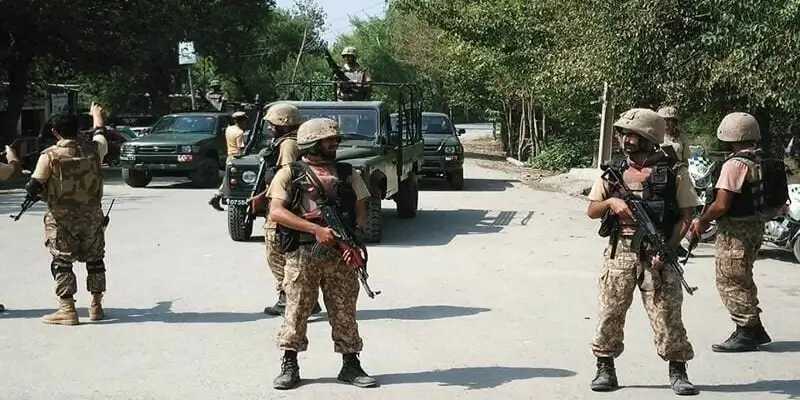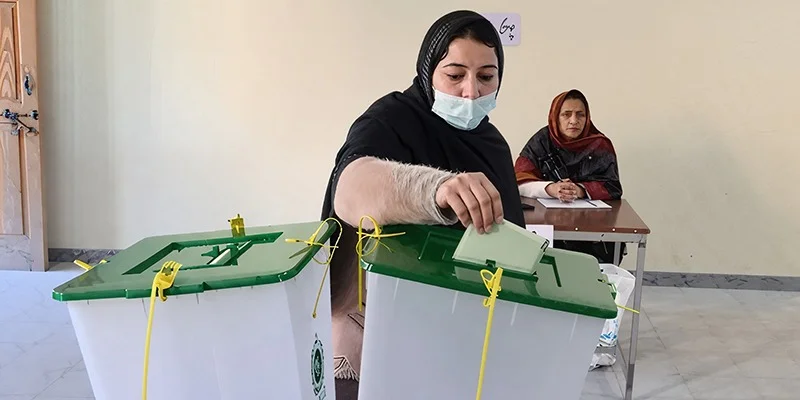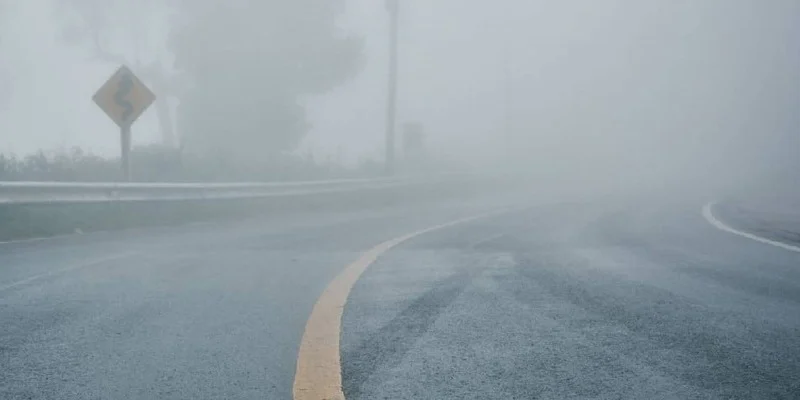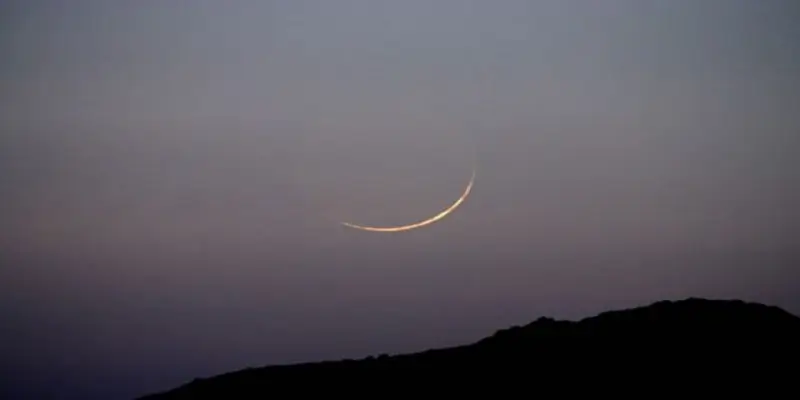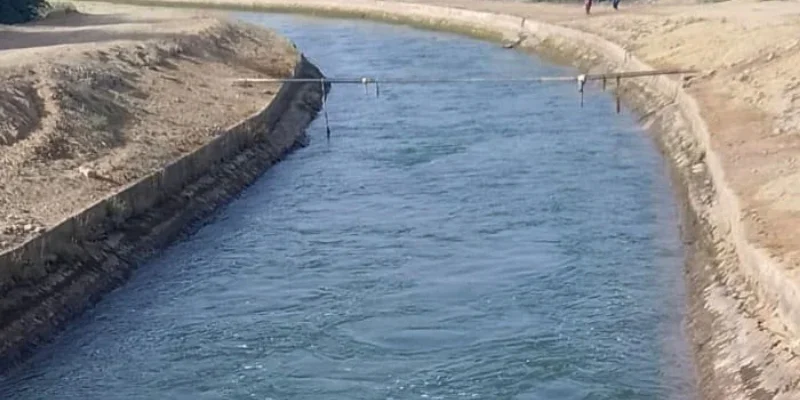QUETTA: In the face of a looming water crisis, it is feared that residents of Quetta may be forced to relocate in the next two to three years due to water shortage. Abdul Wahab, a resident of Balochistan’s capital, is dependent on tanker supply for water for the past 12 years as pipelines of Water and Sanitation Authority (WASA) remain dry.

He says that even getting supply of water through a tanker is not as easy as it used to be as they have to book a tanker in advance at least two to three days, adding that they pay Rs1,500-Rs1,700 for a tanker on a normal day.
Abdul Wahab is not the only person who is facing difficulties in getting access to water. Residents of majority areas in Quetta face a similar situation and have to rely on tankers for daily supply of water.
Moreover, residents of only a few areas of the city are supplied with water through WASA.
A WASA official, who spoke on condition of anonymity, said that the daily demand for water in Quetta is 61 million gallons while WASA can supply only 34.8 million gallons, mainly due to increase in irrigation in the city. The tube-wells installed by WASA dried up following a sudden drop in the city’s underground water table.
Disappeared karez
Experts say that there were 350 karez (irrigation tunnels) in Quetta but no traces of them are found today. The WASA MD said that after the 1997 earthquake, the karez in Quetta vanished.
Karez are underground water channels and from these channels, water at the bottom of the mountains was diverted to the urban population; this water was used not only to irrigate the gardens but also used for drinking purposes.
These channels helped maintain the groundwater level. Due to an exponential increase in population, the water, which was extracted from a depth of 30 feet, is being extracted from 1,200 feet today due to a sharp fall of the water table.
About 45 per cent of the people migrated from Balochistan to Sindh and Punjab, according to one estimate. The death of livestock due to a drought has had a devastating effect on the livestock sector. The groundwater level is falling 50 to 60 feet per year due to lack of rainfall and lack of dams. The groundwater level in Balochistan is more than 3,000 feet and people have put in a test bore.
“If aquifers are not recharged in Quetta, then there will be severe shortage of water in the whole of Balochistan. Obviously, there is such a large population. Water is life; what would people do without water?” Professor Dr Deen Mohammad, a renowned geologist says.
Even today, 80pc of the people of Quetta are at the mercy of the tanker mafia, he added. “Recently, the tankers suspended water supply for a few days. The water crisis intensified.”
He warned that the government will have to plan for this on a war footing. “Even a single drop of rainwater needs to be saved. Dams will have to be built to store it. In this regard, we have repeatedly raised the issue in the assembly.”
Speaking about the water problem of Quetta and Balochistan and the drought, he demanded that Balochistan be declared a disaster-hit province due to a lack of rains. “We have also extracted and used the water of our future generations. What will our future generations do?” Dr Deen asks.
“If there is no rain in the next three to four years, the situation will be very dangerous. The government will have to think about this. Reservoirs need to be built so that water can be recharged,” he added.
He further said that 30 years ago, the groundwater level was only 500 to 600 feet and now it has reached 1,200 to 1,500 feet. According to a survey, the groundwater level is falling by three to six metres every year due to installation of tube-wells in almost every household.

Environmentalists have warned that a sharp decline in the city’s underwater resources will exacerbate water shortages and force many to relocate.
They along with policymakers, agronomists and civil society experts have teamed up in Quetta to find a solution to the city’s acute water shortage.
Drought and falling groundwater levels in Balochistan have exacerbated the problem of water scarcity and experts have warned that if dams and recharging points are not built, the province will turn into a desert.
On the other hand, the government has neither built dams nor enacted legislation to curb illegal drilling.
Drought in Balochistan and falling groundwater levels have devastated agriculture in most districts, while residents of Quetta and Gwadar are in dire need of drinking water.
Quetta WASA MD Hamid Latif Rana has said that the city’s population is three million where daily more than 24.5 million gallons water is demanded. “We are providing 22 million gallons of water on a daily basis and we are short of 20 million. Balochistan government planned to construct three main dams [Mangi, Halk and Burj Aziz Khan dams] which can address the issue of water shortage in Quetta. Burj Aziz Khan dam is the shortest way to supply water to Quetta which can provide 25 million gallons on a daily basis.”
He further said in 2002, a survey was conducted for providing water to Quetta city where more than 370km pipelines need changing which were very old and more than 40pc water was being wasted due to poor pipelines. “After spending Rs8 billion, the Musharraf-era water pipelines were changed in Quetta city. People are taking connections from the main pipeline but they are not sealing properly so the water is being wasted and sometimes the sewerage water gets mixed with drinking water.”

The WASA MD said that they had identified 13 locations in Quetta’s mountainous areas for dams where water can be stored.
He stated that we made some proposals for Quetta to make two filtration plants where we can recycle water which can be used in irrigation and service stations but these are still pending.
“WASA is facing a financial crisis as it has to pay Rs1.12 billion to Quetta Electric Supply Company (QESCO) for tube-well bills.”
Sami Kakar, a resident of Faiz Mohammad Street, Jinnah Road Quetta, said that for over 15 years they had been buying water from tankers to address their needs. “I buy a water tanker every four days and it is a big financial burden on my pocket. There are WASA water pipelines but they have been clogged for many years now.”
The residents of our area have expressed deep disappointment in the government and the authorities concerned for not addressing our issue, he added.
The WASA MD rejected the allegations saying that they are providing the water to all of Quetta but some areas like Killi Mubarak and others have some issue which they are trying to resolve.

